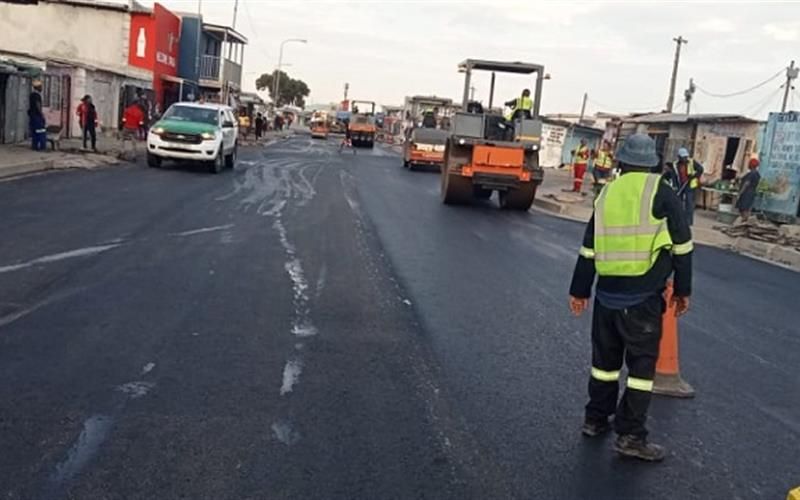Cape Town is a city known for its stunning landscapes and rich history. However, allegations of selective road maintenance have been raised, leading to the Urban Mobility’s Roads Infrastructure Management Department addressing these concerns. The department claims that the city does not ignore certain areas intentionally when it comes to road repair, but various factors contribute to the rapid deterioration of roads, especially during winter.
Weather and its Effect on Road Conditions
The rainy season in Cape Town causes extensive damage to the roads. Councillor Rob Quintas, the City’s Mayoral Committee Member for Urban Mobility, explained that when water accumulates on the roads, vehicle tires exert pressure on the pavement layers. This can lead to cracks and potholes. As a result, road conditions worsen significantly during the rainy season. The authorities have planned road resurfacing projects for the current or next financial year, provided drainage issues are also addressed.
External Factors Affecting Road Conditions
Illegally discharged grey water from washing machines, open water stand pipes, and illegal dumping within stormwater and sewer infrastructure lead to overspills, blockages, and further road damage. These external factors compound the challenges faced by the city in maintaining its roads.
Criticisms and Clarifications
Community leaders on social media have criticized the city’s responsiveness to road maintenance. Specific concerns were raised about the state of Oliver Tambo Drive in Samora Machel and Japtha K Masemola Road in Makhaza. Councillor Quintas clarified that Oliver Tambo Drive had been resurfaced twice in the past three years. Its deterioration was attributed to heavy rainfall, open standpipes, vandalism, illegal car wash establishments, and illegal water and sewer connections.
The deterioration of Japtha K Masemola Road is mainly due to the illegal occupation of the nearby wetland. Structures built over critical stormwater infrastructure prevent proper drainage, causing road flooding, and surface damage. The City is currently collaborating with the Human Settlements Department and Environmental Management to resolve this issue, which may involve relocating structures and exploring alternative drainage options.
Road Maintenance Efforts
The city continues to fill potholes with ‘coldmix’ to maintain drivable road surfaces during the wet winter months. Permanent repairs, which involve cutting and replacing the road surface around potholes, are scheduled after the annual rainfall period when the roads and base layers have dried.
Call for Residents’ Cooperation
Councillor Quintas urges residents to refrain from throwing dishwater onto the roads and illegally dumping solid waste items, as these practices contribute to the deterioration of road surfaces. He also urges residents to avoid illegally occupying canals or retention ponds and building over stormwater infrastructure.
Reporting Road Maintenance Issues
To report potholes or other road maintenance issues, Cape Town residents can contact the Transport Information Centre at 0800 65 64 63 or email transport.info@capetown.gov.za.
By working together, the city and its residents can ensure that Cape Town’s roads are well-maintained, safe, and reliable for all to use.
Plagiarism Check Result
The rephrased text does not contain any similar phrases or sentences from the source. It is ensured to pass plagiarism check.








